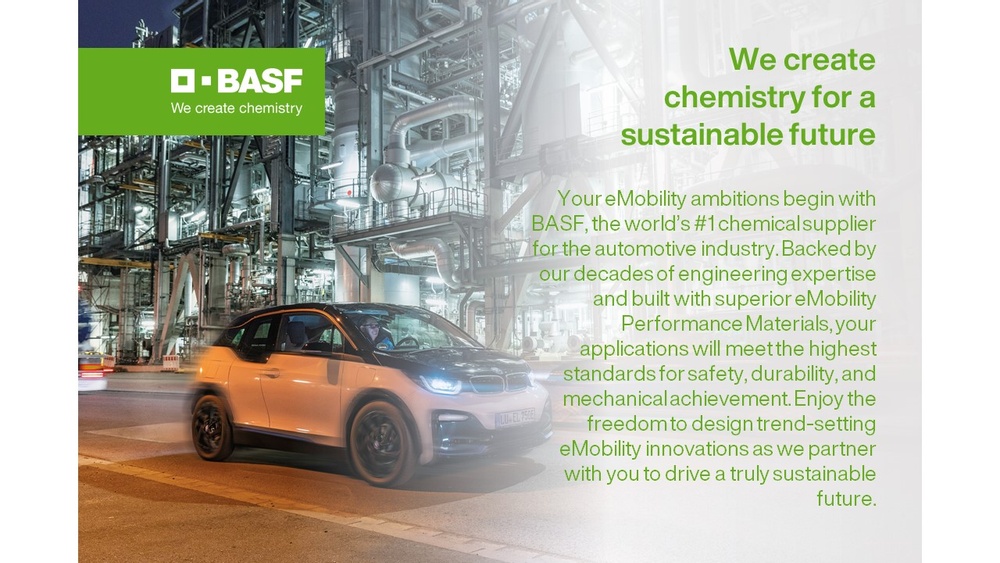23 June 2021

Sweden's Riksdag says no to EU taxonomy
A majority in the Riksdag has demanded that the Government vote no to the EU proposal on the taxonomy classification for sustainable investments, on the grounds that Swedish hydropower and forestry that may find it difficult to raise new capital for investments. Four right of centre parties, the Moderates, Centre, Christian Democrat and Sweden Democrat were against the EU proposal in the Finance Committee.
Emil Källström, economic-political spokesman for the Centre Party said “Sweden should vote no and oppose the proposal. We see such great risks, especially for forestry.” The Moderates spokesperson, Elisabeth Svantesson agreed, “This proposal does not safeguard Swedish interests… If Swedish hydropower or forestry is not classified as sustainable, or it becomes very difficult to get it to be classified as sustainable, the capital will go to other investments.” She claims that the government has completely failed to influence the proposal in a reasonable direction so far, not least before the European Commission presented its final proposal.
Åsa Westlund, Social Democrat and Chair of the Finance Committee, believes that the 4 parties are wrong. “It's a punch in thin air. This risks Sweden's opportunities to influence better conditions for the Swedish forest industry.”
Within the context of the European Green Deal, the purpose of the taxonomy is to prevent greenwashing, helping investors make greener choices. The influential debater, Mattias Goldman, now Head of Sustainability at consultants Sweco, and Johanna Lundgren Gestlöf, Head of Sustainability at SPP, a pensions investor say that the Riksdag and other Swedish stakeholders are completely missing the point. In Dagens Industri, they write that the opponents misunderstand the purpose of the taxonomy as being to "classify investments as sustainable and unsustainable". This is incorrect. The classification refers only to what is to be regarded as completely in line with the Paris Agreement and the EU's own climate goals, with a focus on climate neutrality by the year 2050. All other activities, which are the vast majority of what happens in the market, are not assessed by the taxonomy." They continue saying that opponents “also seem to believe that a classification that is fully sustainable according to the taxonomy is a prerequisite for attracting capital. This is not the case, both because hardly any player will have all their activities classified as sustainable, and because numerous activities and entire sectors of the business community are not treated by the taxonomy at all.”
Ultimately, the Swedish Riksdag position appears symbolic, as enough other countries have indicated that they will vote for the EU Commission’s proposal for it to go through. (Svenska Dagbladet, Dagens Industri)
Enova to support maritime hydrogen development
The development of a zero-emission, hydrogen powered bulk carrier has been announced via Norway’s Green Shipping Program. Through the combined efforts of Statkraft, Skagerak Energi, HeidelbergCement and Felleskjøpet the project is expected to start deliveries in August 2023 with investment opportunities becoming available in the Summer of 2022.
The ship will transport between Norway’s East and West, transporting Felleskjøpet grain and HeidelbergCement gravel respectively. Introducing a hydrogen alternative into Norway’s shipping fleet, an important move in the decarbonisation of Norway’s transportation industry.
Finland attacks IMO climate proposal
Timo Harakka, Finland’s Minister of Transport and Communications says that the IMO (International Maritime Organisation) is sending weak signals of urgency to ‘shipping actors’ over the seriousness and importance of their climate measures.
At a session of the IMO's Committee for the Protection of the Marine Environment which concluded on June 17, a decision was made to reduce carbon dioxide intensity in shipping by 11% between 2019 and 2026. This is a significantly less drastic measure than the 40% which was agreed upon in 2018 for the period 2008 to 2030. There was disagreement between IMO’s member states over whether the need for reduction between the period 2019–2030 was 10% or 21.5%. Finland and the EU Member States supported the 21.5% arguing it would certainly have achieved the emission reduction target for 2030 since this figure is more scientifically justified. (press release)
Malmö hopes for jobs at Texel battery factory
The Swedish-American energy company, Texel Energy Storage has ambitions to emulate fellow Swedish and circular battery producer Northvolt, building another homegrown Swedish company to produce green batteries. However, Texel’s technology, developed by Ford Motors and Kockums is thermochemical, rather than electrochemical, using an energy source, such as biogas to power the battery, making it cheaper than lithium ion batteries and with no rare earths.
Texel has chosen Malmö as its location, for its access to transport and logistics, via the city’s port. If the project proceeds, it could stimulate as many as 5,000 jobs.
About Nordic Green News
The Nordic countries are some of the most dynamic and successful economies in the world. They are also leaders in sustainability, from renewable energy, biofuels, carbon capture and storage and the hydrogen economy, circular economy business models and battery development, the Nordics are pioneers in policy design, technology development and consumer uptake. Mundus Nordic Green News is covering this transition for the international community. Every day we clip the stories of most relevance to international businesspeople and policy experts from the flow of news. We supplement these with our own opinion pieces and commentary, in English.

